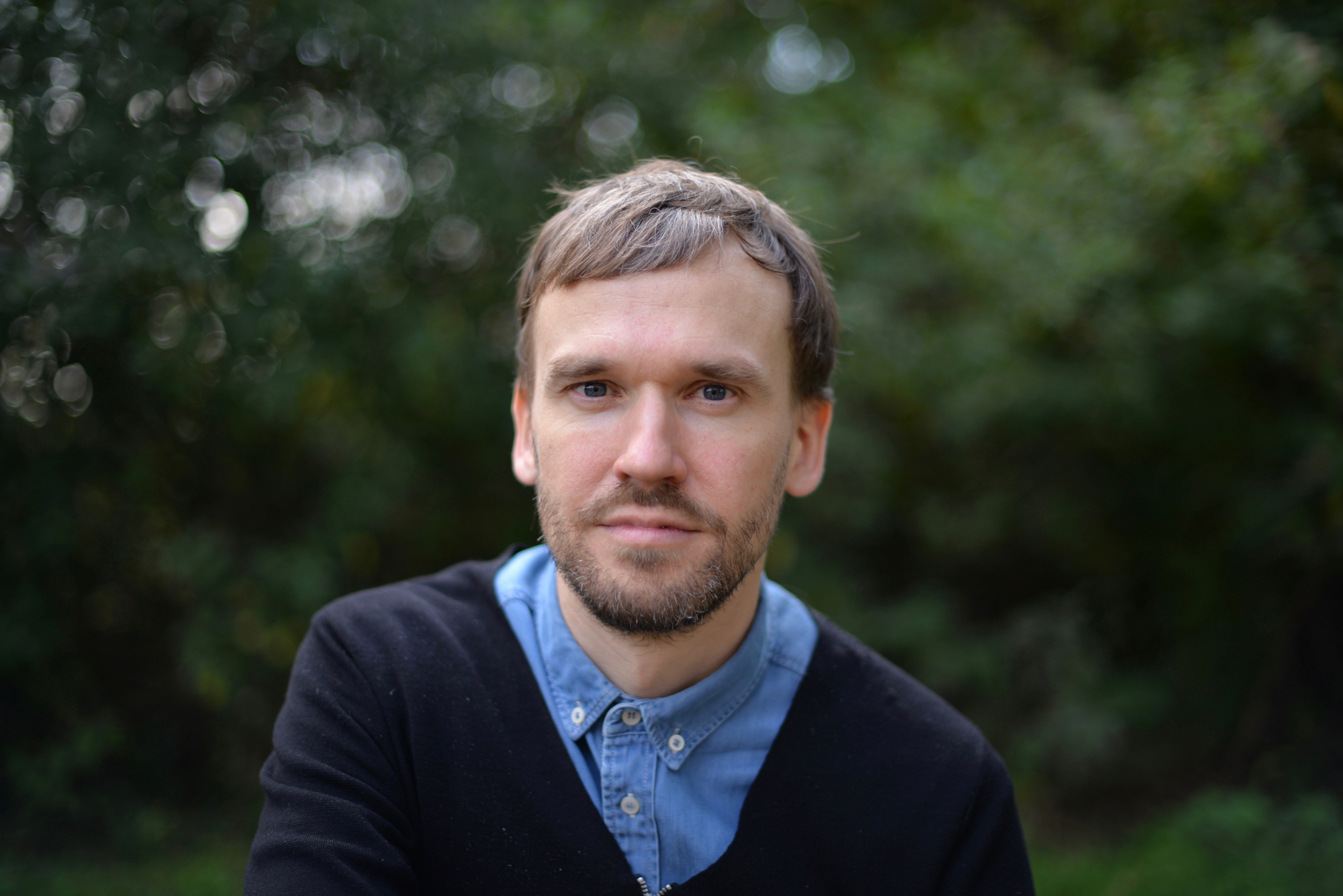
© Adobe/Lustre Art Work
Manipulation Replaces Moderation
Is democracy in danger? The lack of moderation within online platforms and its effects on the German election campaign
Abolishing moderation mechanisms on platforms such as X and Facebook has led to a greater spread of disinformation – especially in the German 2025 federal election campaign. Communication scientist Cornelius Puschmann explains in an interview what consequences this has for democracy and who benefits from it.
Professor Puschmann, what influence do digital platforms have on Germany’s 2025 Bundestag (federal parliament) election campaign?
Political discourse on digital platforms is crucial to the election campaign. We are currently seeing major platforms like X, Facebook, and Instagram reducing their moderation mechanisms. In addition, they are discontinuing the integration of fact checks. These changes benefit targeted disinformation campaigns.
What role do external influences play in this?
In our research, we see a link between right-wing alternative news sources, the spread of conspiracy myths, and the Russian government. There is a real threat from the influence and targeted spread of misinformation by populists.
What consequences does this development have for democracy?
Leaving targeted disinformation campaigns unchecked complicates political debates and makes it increasingly difficult for users to distinguish between facts and fake news. This can lead to misinformation influencing opinions and distorting democratic discourse.

© Beate C. Koehler
Personal Profile
Prof. Dr. Cornelius Puschmann is an expert in digital media use, focusing on the diversity and quality of information. His work systematically combines social science research methods (surveys, experiments) with approaches from applied computer science (automated content analysis, network analysis). He is a professor of communication and media studies with a focus on digital communication at ZeMKI, University of Bremen. Main areas of research: Digital media usage, hate speech, methods of automated content analysis, role of algorithms in digital communication.